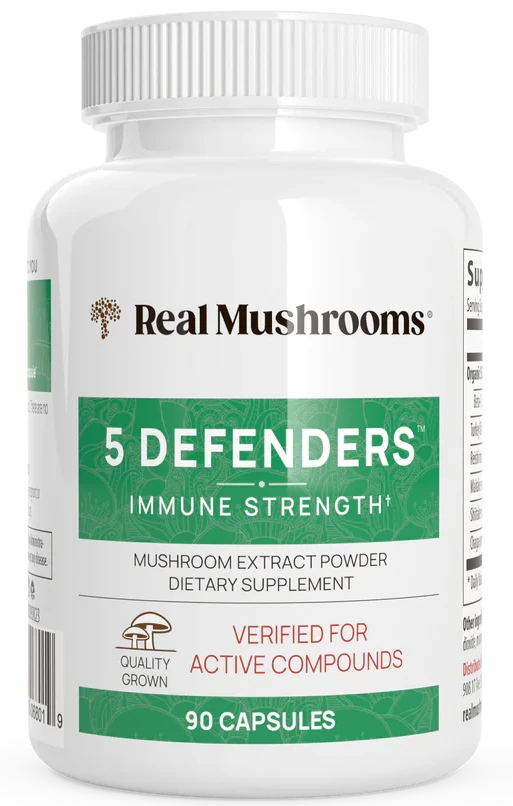Understanding Herpes: The HSV Virus Explained
Herpes is a common viral infection caused by the herpes simplex virus (HSV).
There are two types of HSV: HSV-1, which primarily causes oral herpes, and HSV-2, which primarily causes genital herpes.
Both types can cause sores around the mouth or genitals.
HSV is a lifelong infection with no cure, but it can be managed with antiviral medications and lifestyle changes.
Let's delve into the details of HSV, its causes, symptoms, and treatments.
This websites contains affiliate links. As part of the Amazon Associates program, we may earn from qualifying purchases.
Understanding HSV-1 and HSV-2
HSV-1 and HSV-2 are two different viruses, but they share many similarities.
Both can cause sores on the mouth or genitals, and both are transmitted through close personal contact, such as kissing or sexual activity.
HSV-1 is most commonly associated with cold sores around the mouth, while HSV-2 is most commonly associated with genital herpes. However, either type can infect either location. For example, you can get genital herpes from HSV-1 if someone with a cold sore performs oral sex on you.
Symptoms of Herpes
The symptoms of herpes can vary greatly from person to person.
Some people may have severe symptoms, while others may have mild symptoms or none at all.
The first outbreak is usually the worst and can include flu-like symptoms, such as fever and swollen glands.
Herpes sores typically appear as blisters on or around the mouth or genitals.
The blisters break and leave painful sores that may take weeks to heal.
After the first outbreak, subsequent outbreaks are usually less severe and shorter in duration.
Treating Herpes
While there is no cure for herpes, antiviral medications can help manage symptoms, reduce the frequency of outbreaks, and lower the risk of transmitting the virus to others.
Common antiviral medications for herpes include acyclovir, famciclovir, and valacyclovir.
In addition to medication, lifestyle changes can help manage herpes.
This includes eating a healthy diet, getting regular exercise, reducing stress, and using condoms during sexual activity.
Preventing Herpes Transmission
Herpes is most likely to be transmitted when an infected person has active sores, but it can also be transmitted when there are no visible symptoms. This is known as asymptomatic shedding. Using condoms can reduce the risk of transmission, but it does not eliminate it completely.
The best way to prevent herpes is to abstain from sexual activity or to be in a long-term mutually monogamous relationship with a partner who has been tested and is known to be uninfected.
If you have herpes, it's important to disclose your status to potential partners and to take steps to reduce the risk of transmission.
Living with Herpes
Living with herpes can be challenging, but it's important to remember that it's a common condition that many people manage successfully.
With the right treatment and lifestyle changes, you can reduce outbreaks and live a healthy, active life.
It's also important to remember that having herpes does not define you.
It's just one aspect of your health, and with the right care and support, you can continue to live a full and fulfilling life.
Herpes FAQs
What is herpes?
Herpes is a common viral infection caused by the herpes simplex virus (HSV).
There are two types of HSV: HSV-1, which primarily causes oral herpes, and HSV-2, which primarily causes genital herpes.
What are the symptoms of herpes?
The symptoms of herpes can vary greatly, but they typically include blisters on or around the mouth or genitals, fever, and swollen glands.
Some people may have mild symptoms or none at all.
How is herpes transmitted?
Herpes is transmitted through close personal contact, such as kissing or sexual activity.
It can be transmitted even when there are no visible symptoms.
Is there a cure for herpes?
There is currently no cure for herpes, but antiviral medications can help manage symptoms, reduce the frequency of outbreaks, and lower the risk of transmitting the virus to others.
How can I prevent herpes transmission?
Using condoms can reduce the risk of herpes transmission, but it does not eliminate it completely.
The best way to prevent herpes is to abstain from sexual activity or to be in a long-term mutually monogamous relationship with a partner who has been tested and is known to be uninfected.




